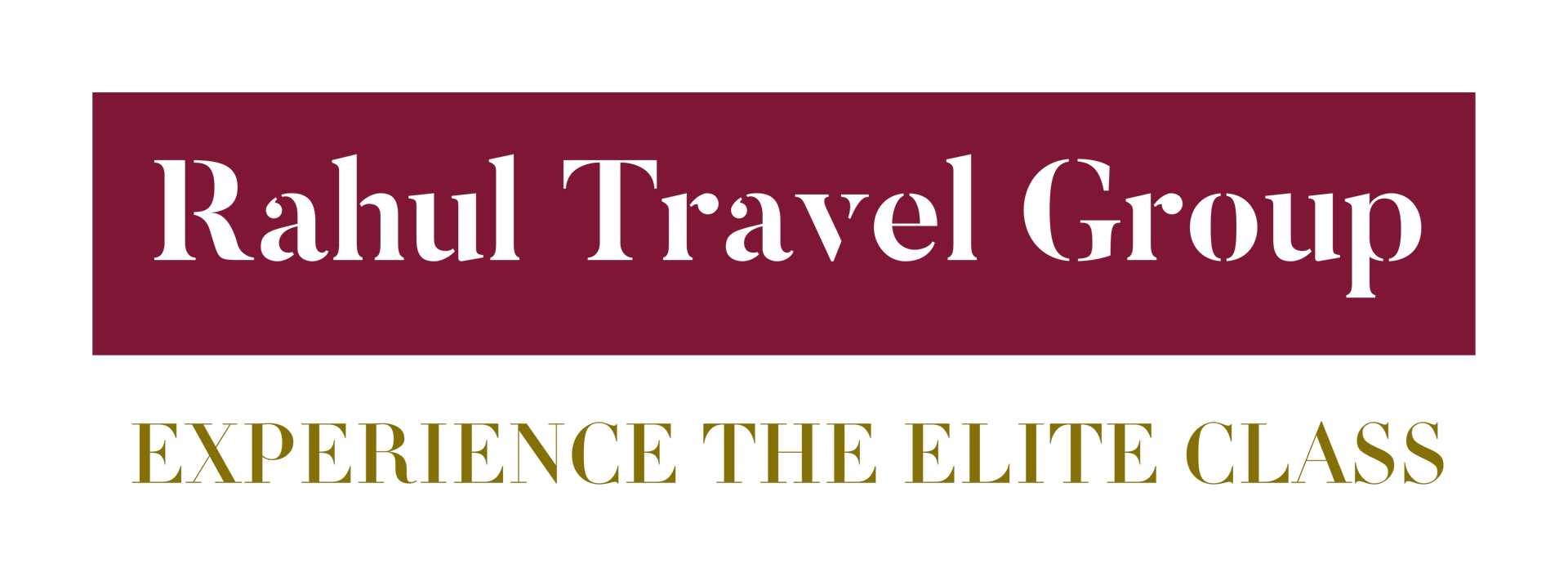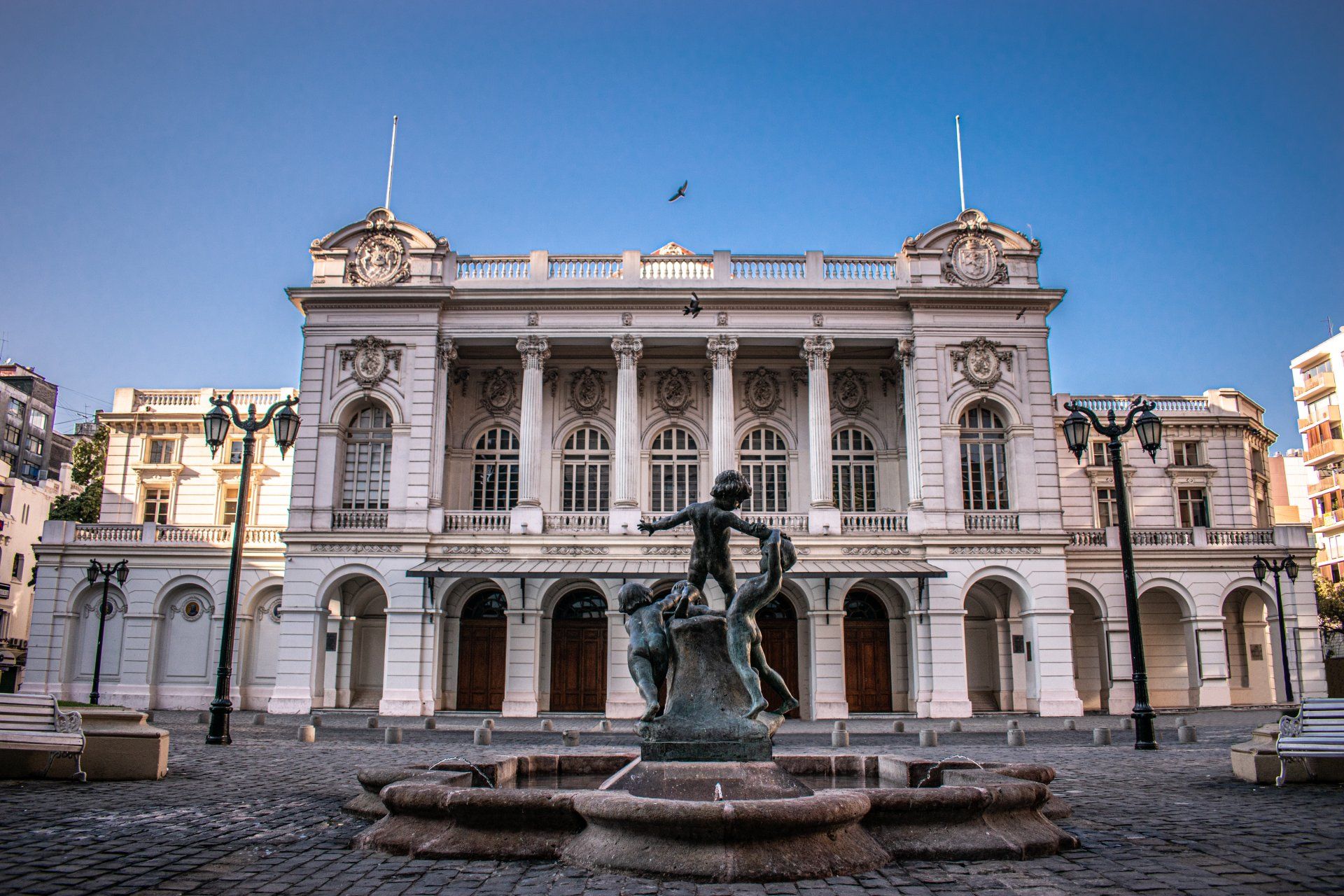Welcome in Chile
Weather and climate
Chile experiences diverse climates due to its unique geography. In the north, the Atacama Desert is one of the driest places on Earth, while the central regions have a Mediterranean climate with hot, dry summers and mild, wet winters. Further south, the climate becomes cooler and wetter, with temperate rainforests in regions like the Lake District and Patagonia
Accommodations
Popular accommodations in Chile include The Singular Santiago, Hotel Las Torres Patagonia in Torres del Paine National Park, and Tierra Atacama Hotel & Spa in San Pedro de Atacama. Santiago, Valparaiso, and Pucon are also known for their wide range of hotels and hostels catering to various budgets.
Travel advice and safety
Chile is generally safe for travelers, but it's essential to take precautions against petty theft, especially in crowded tourist areas and on public transportation. Be cautious when withdrawing money from ATMs and avoid displaying valuables. Stay informed about local developments, especially regarding protests or demonstrations.
Activities and attractions
Chile offers a plethora of activities and attractions, including exploring the Atacama Desert, trekking in Torres del Paine National Park, wine tasting in the Colchagua Valley, and visiting Easter Island's mysterious Moai statues. Other popular activities include skiing in the Andes, surfing along the Pacific coast, and stargazing in the Elqui Valley.
Local cuisine and restaurants
Chilean cuisine features delicious dishes like empanadas, ceviche, and pastel de choclo (corn pie). Recommended eateries include Borago and Astrid y Gaston in Santiago for fine dining experiences, and La Mar Cebicheria in Santiago for seafood lovers.
Transport
Taxi fares in Chile vary by city but are generally reasonable, with starting fares around $2-$4 and additional charges per kilometer. Public transportation, including buses and the metro in Santiago, is affordable and efficient, with fares ranging from $0.80 to $1.50 depending on the distance traveled.
Currency and payment
The currency used in Chile is the Chilean Peso (CLP). While credit cards are widely accepted in major cities and tourist areas, it's advisable to carry cash for smaller purchases, especially in rural areas and markets.
Language and communication
Spanish is the official language of Chile, and while some people in tourist areas may speak English, it's helpful to know some basic Spanish phrases. Learning a few key phrases can enhance your travel experience and make interactions with locals more enjoyable.
Culture and local customs
Chilean culture is influenced by indigenous traditions, Spanish colonial heritage, and modern cosmopolitan influences. Respect for elders, punctuality, and familial ties are important cultural values. When greeting someone, a handshake is customary, and it's polite to address people by their titles and last names until invited to use their first names.
Packing list
When packing for Chile, consider the diverse climates and activities you'll be undertaking. Essentials include layers for temperature fluctuations, sturdy walking shoes for exploring cities and natural landscapes, sunscreen, a hat, and a reusable water bottle. If visiting the Lake District or Patagonia, insect repellent and rain gear are also essential.
Budgeting
The average daily budget for a mid-range traveler in Chile is approximately $50-$100, covering accommodation, meals, transportation, and activities. Costs may vary depending on the region visited and individual spending habits
Health and medical facilities
Medical facilities in Chile are generally of high quality, with well-equipped hospitals and clinics located in major cities like Santiago, Valparaiso, and Concepcion. Travelers should have comprehensive travel insurance that includes coverage for medical emergencies.
Travel tips and recommendations
Carry a copy of your passport and important documents with you, and keep the originals in a safe place. Drink bottled or filtered water to avoid stomach issues, especially in rural areas. Respect environmental regulations when visiting national parks and protected areas, and consider hiring local guides for activities like trekking and wildlife spotting.
Emergency contacts
In case of emergency, dial 131 for immediate assistance from police, ambulance, or fire services in Chile. The tourist police can also be reached at 133 for non-emergency assistance. Additionally, have the contact information for your embassy or consulate in Chile for assistance with emergencies.
Internet and communication
Major cellular service providers in Chile include Movistar, Claro, and Entel. WiFi is widely available in hotels, cafes, and restaurants in urban areas, but may be limited in more remote regions.
Submit your travel inquiry here
Thank you for contacting us.
We will get back to you as soon as possible.
We will get back to you as soon as possible.
Oops, there was an error sending your message.
Please try again later.
Please try again later.











